Whether you’re behind the wheel, walking along the road, or riding as a passenger, road accidents can strike without warning.
In the aftermath, your decisions in the first few minutes can make the difference between life and death and between justice and loss.
Here’s a guide to the critical dos and don’ts after a road accident, with tips tailored for Kenyan roads and legal procedures.
First: Prioritize Safety
Before anything else, check your surroundings. If you’re in a dangerous spot, near oncoming traffic, leaking fuel, or tangled wires, do not approach the accident scene until it’s safe.
If you can move to safety without worsening injuries, do so. Otherwise, wait for emergency responders.
Call for Help Immediately
Dial emergency numbers 999 for medical assistance and report the incident to the police as required by the Kenyan Traffic Act Cap 403.
Police presence ensures the scene is properly documented and that any injuries or property damage are officially recorded. If you’re unable to call yourself, ask a bystander for help.
Do Offer First Aid — If Trained
If it’s safe and you’re trained in basic first aid, assist those who are injured:
- Apply pressure to bleeding wounds using a clean cloth.
- Perform CPR only if the person isn’t breathing and you’re trained to do so.
- Place unconscious but breathing individuals in the recovery position, turn them onto their left side, with the right knee bent and the right hand supporting the head.
- Keep the injured warm and calm and reassure them that help is on the way.
Gather Key Information
If you’re physically able, exchange the following with the other driver(s):
- Full name and contact details
- Vehicle registration number
- Insurance provider information
- Employer details (if it’s a commercial vehicle)
Also Read: Technical University of Kenya Announces Part-Time Teaching Opportunities; How to Apply
Also, collect contact information from witnesses before they leave the scene, their accounts may be essential for insurance claims or legal proceedings.
Document the Scene
Take photos of:
- The vehicles involved
- Damage sustained
- Any skid marks, road signs, or weather conditions
- Visible injuries
These images can support both insurance and legal claims down the line.
Even if you feel fine, see a doctor. Some injuries, like internal bleeding or whiplash, don’t show symptoms immediately. Medical records serve as evidence and protect your health.
Don’ts: Common Mistakes to Avoid
Don’t move the injured unless absolutely necessary. Moving someone with a spinal injury, for instance, could worsen their condition.
Don’t remove foreign objects like glass or metal embedded in a victim’s body.
Don’t give victims food or drink. They may require surgery, and consuming anything could delay treatment.
Don’t panic. Keep a clear head and focus on what needs to be done.
Don’t admit fault at the scene. Even an apology could be used against you legally. Simply provide the facts.
Don’t leave the scene until you’ve spoken to police and medical personnel.
Don’t make recorded statements or accept settlement offers without consulting a lawyer. Insurers may use your words or quick agreements to minimize payouts.
Legal Follow-Up in Kenya
Under Kenyan law, all accidents involving injury or damage must be reported to the nearest police station within 24 hours.
Be sure to obtain a police abstract report, which is crucial for insurance and legal claims.
If another driver’s negligence caused the accident, you may pursue compensation for:
- Medical expenses
- Lost income
- Property damage
- Pain and suffering
An experienced accident lawyer can help navigate the legal process and ensure your rights are protected.
Also Read: Teacher and Mother-in-Law Die in Road Accident After Dowry Payment
Road accidents are traumatic, but knowing how to act can help save lives and preserve your legal rights.
Always stay calm, prioritize safety, and let professionals handle the rest.
Road Accidents in Kenya
The National Transport and Safety Authority (NTSA) report detailed the number of road accident fatalities recorded in the first three months of 2025.
According to the report, 5,856 people were involved in road crashes between January 1 and March 31, marking a decrease of 1,908 cases compared to the same period in 2024.
Of those involved, 1,139 people lost their lives, a slight drop from the 1,166 fatalities recorded during the same period last year.
Another 3,316 individuals sustained serious injuries, while 2,693 suffered minor injuries.
Pedestrians remained the most vulnerable road users, with 420 fatalities reported, down from 434 in the first quarter of 2024.
189 passengers died in various crashes during the period, while 83 drivers lost their lives, both figures lower than the 243 passengers and 94 drivers killed in the same period last year.
Follow our WhatsApp Channel and X Account for real-time news updates.
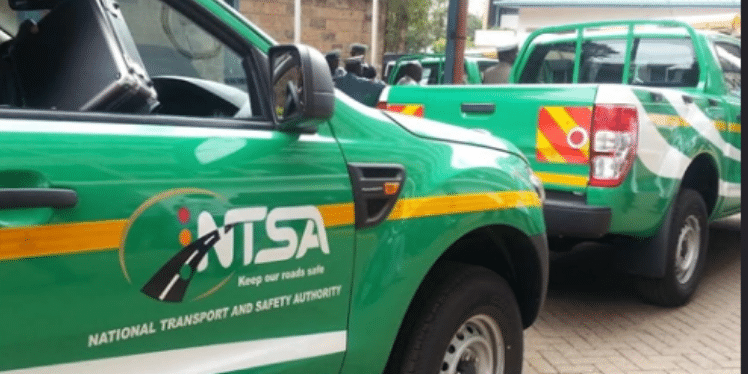







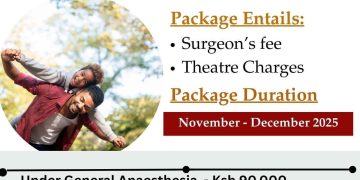

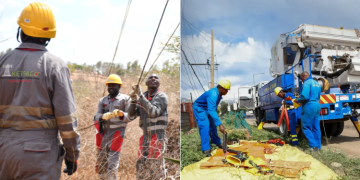












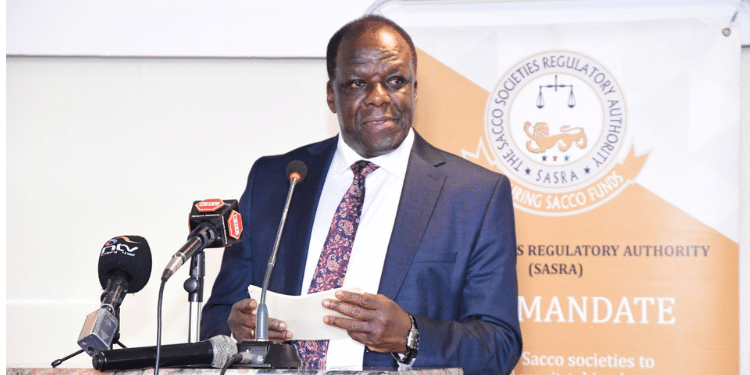































![Senator Allan Chesang And Chanelle Kittony Wed In A Colourful Ceremony [Photos] Trans Nzoia Senator Allan Chesang With Channelle Kittony/Oscar Sudi]( https://thekenyatimescdn-ese7d3e7ghdnbfa9.z01.azurefd.net/prodimages/uploads/2025/11/Trans-Nzoia-Senator-Allan-Chesang-with-Channelle-KittonyOscar-Sudi-360x180.png)
















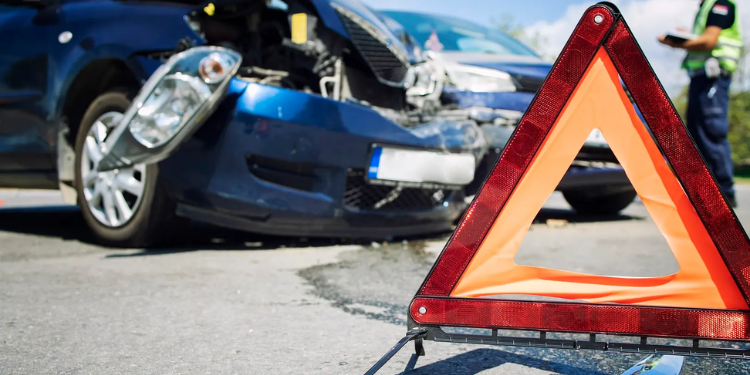


Where is the CS for Transport? He is sleeping on the Job! I even do not know him or her ? Carnage on our Roads needs to be addressed seriously